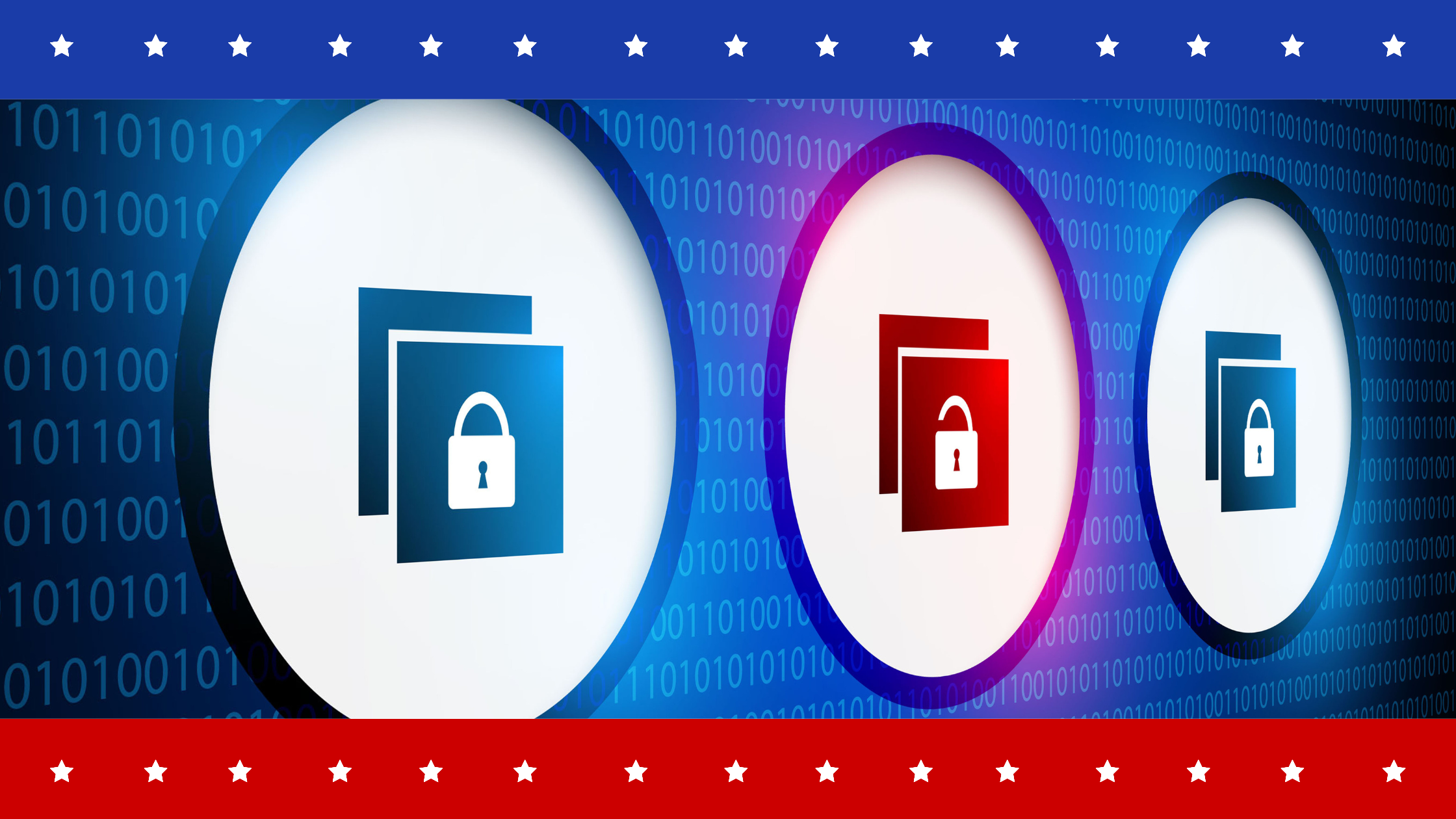Data security is a steep challenge for any industry, but it is particularly challenging for healthcare organizations. For small, non-institutional clinics, secure healthcare document management can seem like an intractable problem.
It’s not exactly true that hospitals, healthcare enterprises, and other large-scale organizations have an easier time addressing their security needs. But these organizations typically have sufficient resources to implement solutions that adhere to the latest security trends.
Smaller healthcare operations and clinics cannot afford to invest in multi-million-dollar healthcare document management implementations. But they need the same robust security framework that those implementations offer.
Healthcare clinics need to deploy managed IT services from reputable vendors in order to benefit from the best document management security available. This solution offers best-in-class cybersecurity benefits without requiring the same level of up-front investment as in-house equipment.
Document Management Security for Small Healthcare Organizations
Any healthcare operation smaller than a hospital will have difficulty implementing a state-of-the-art document solution using in-house talent and equipment. Even large-scale enterprises are going to great lengths to hire and retain cybersecurity talent – smaller organizations are effectively excluded.
Managed IT services provide a streamlined solution that allows smaller healthcare organizations to implement best-in-class document management security infrastructure through managed service vendors. Managed network vendors offer secure, compliant infrastructure as a service, leveraging economies of scale to deliver enterprise-level solutions at affordable monthly rates.
This is becoming increasingly important because of a significant increase in cyberattacks that target healthcare organizations both large and small. Experts predict that the number of cyberattacks that target healthcare organizations will quadruple by 2020.
Small healthcare organizations must pay attention to three key factors in order to benefit from best-in-class document management security moving forward. Any deficiency in these three areas represents a vulnerability for healthcare operators.
• Confidentiality. Healthcare data must remain private, whether at rest in a database or in transmission from a health record provider to a doctor’s office. The first goal of document security is reliably achieving confidentiality.
• Integrity. Health records must be resistant to unauthorized corruption or destruction. A robust healthcare IT system must feature disaster recovery solutions that retain key patient data even in worst-case scenarios.
• Availability. Healthcare data needs to remain accessible to authorized individuals. Implementing too many safeguards can result in organizational silos that are detrimental to patients' health and well-being.
This is not an easy task, and it is especially challenging for healthcare operations that attempt to address security solely using in-house resources. The fact is that healthcare organizations need to rely on reputable third-party vendors to assess threats and implement state-of-the-art document management security solutions.
Managed IT Services Deliver Security Results to Healthcare Organizations
The U.S. Department of Health and Human Services 2019 Health Industry Cybersecurity Practices handbook states that 80% of U.S. physicians have experienced some form of cyberattack. It also reports that 90% of small businesses do not use any form of data protection for company and customer data.
But when it breaks down the cost of cyberattacks into individual industries, healthcare stands out as the most expensive. The average per-record cost of a data breach in the healthcare industry is $408. The handbook recommends enlisting professional IT security vendors to help protect healthcare systems against advanced threats like ransomware and compromised digital medical devices.
The only way healthcare organizations can reliably protect themselves against these highly sophisticated threats is by implementing equally sophisticated document management security solutions. IT security vendors with experience deploying healthcare security solutions are key to developing dependable solutions.
Ransomware and unauthorized medical device management are just two examples of threats that healthcare operators need to protect against. Cybercriminals recognize the vulnerabilities that healthcare organizations typically have:
• Out-of-date Software. Out-of-date software may not be able to counter the threat of phishing or malware or be unable to mitigate the damage of unauthorized access.
• Lack of Threat Intelligence Tools. Cybersecurity is not a passive process. It involves actively identifying threat signatures and protecting systems against them. Active threat intelligence is key to maintaining a secure network infrastructure.
• Legacy Hardware. Healthcare organizations using older equipment must take steps to ensure that the equipment is secure against unauthorized access.
• Non-compatible Medical Devices. Most medical devices are not immediately compatible with commercial-grade intrusion detection software. Custom integration is necessary to ensure that cybercriminals can’t gain access to medical equipment.
Protect Your Patients with ASE Technical Expertise
Managed IT services that include comprehensive document management security solutions represent an accessible, cost-effective solution to healthcare cybersecurity vulnerabilities. Leverage the expertise of a highly qualified team of security experts to protect patient data from unauthorized access.
Your healthcare clinic needs to implement sophisticated solutions for document management security. Have our team at ASE help you achieve your security goals!


